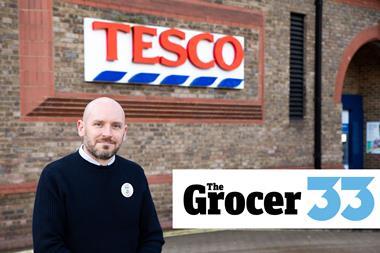Last week the papers were up in arms over the news that a shopworker in Essex had been arrested after helping herself to a pile of spoiled stock thrown out by Tesco following a power cut.
Sasha Hall was charged with ‘theft by finding’ and is up before the beak on Wednesday, having taken home food that would have been worth around £200.
“Tesco clearly did not want the food,” she said. “They dumped it and rather than see it go to waste, I thought I could help feed me and my family for a week or two.”
You can debate the merits of taking room-temperature potato waffles from the street, although lean times mean it’s a dilemma more and more people will be able to relate to in the coming months.
Either way, the case brings to mind a problematic inconsistency in the government’s approach to waste.
Rightly, there are tax breaks in place for company’s that use recycling to avoid sending waste to landfill. But, as FareShare points out, there are no such incentives for making sure food goes to those who need it most in circumstances similar to those above.
Negotiating the legal minefield is an unenviable task for any retailer – especially in an ever more litigious society, where a rogue pot of expired coleslaw with the wrong label could end up costing a company hundreds of thousands of pounds.
Which is why some clear guidance from Whitehall would be all the more welcome.
More slices of Daily Bread



















No comments yet